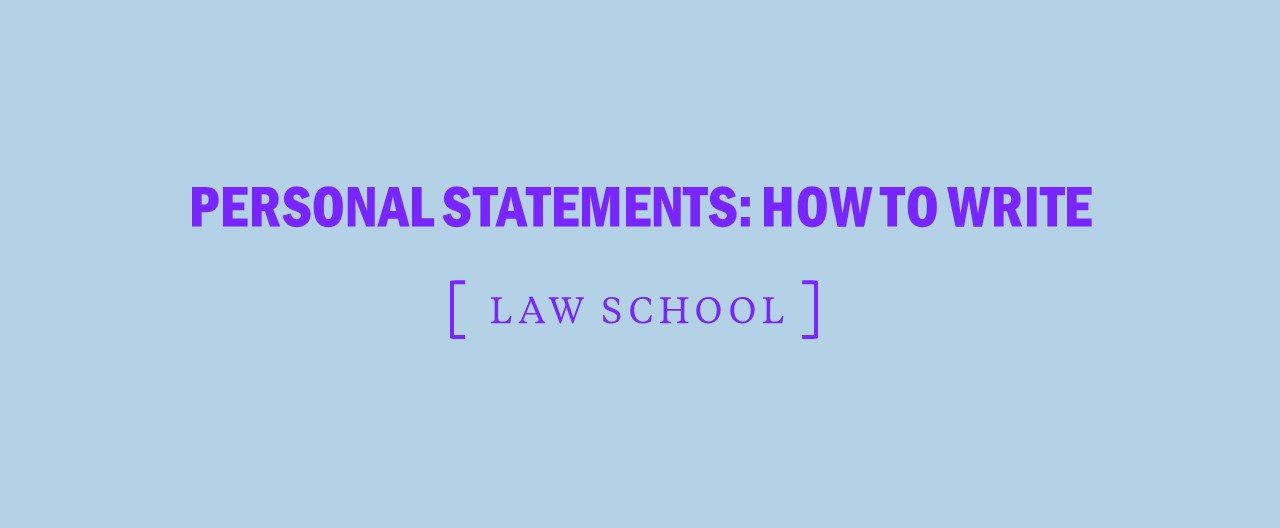Introduction: law school personal statement examples
law school personal statement examples The law school personal statement is your chance to showcase who you are beyond your GPA and LSAT score. But what makes a statement stand out? Admissions committees read countless applications, so yours needs to make a lasting impression. In this guide, we’ll walk you through the essentials of crafting an effective personal statement, provide unique examples, and share valuable tips on structuring and refining your story. By the end, you’ll have the insights and confidence needed to write a compelling narrative that captures your unique journey and aspirations in law.
- Understanding the Purpose of a Law School Personal Statement
Why Law Schools Value Personal Statements
Admissions committees use personal statements to get a sense of the applicant’s character, motivations, and readiness for the rigorous journey of law school. While grades and test scores are essential, your story—the personal reasons you chose this path—is what sets you apart. A well-written statement demonstrates self-awareness, maturity, and the ability to reflect on life experiences, qualities that are essential for a successful legal career.
Key Goals of a Personal Statement
Every personal statement has three main goals: showing your passion for law, demonstrating how past experiences shape your perspective, and illustrating your potential to contribute to the law school community. The statement should give a clear picture of who you are and why the law is the right path for you.
Avoiding Common Pitfalls
Many applicants struggle with sounding too generic or overly formal. Others make the mistake of recapping their resume instead of telling a personal story. Remember, the admissions team is looking for genuine stories, not just a list of law school personal statement examples accomplishments. Avoid clichés, be authentic, and don’t be afraid to share personal challenges and how you’ve grown from them.
- Structuring Your Law School Personal Statement: Step-by-Step Guide
Step 1: Brainstorming Your Story
Before diving into writing, spend time brainstorming ideas. Consider life events that sparked your interest in law, moments of personal growth, or experiences that shaped your values. This reflection will help you find a compelling angle for your statement.
Step 2: Crafting a Strong Opening
The opening of your statement should capture the reader’s attention immediately. Avoid generic statements and instead, open with an engaging law school personal statement examples anecdote, quote, or a vivid description of a transformative moment. This hook should set the tone and give the reader insight into your journey.
Step 3: Developing the Body

In the body of your statement, delve into the experiences that led you to pursue law. Each paragraph should build on the previous one, connecting your past experiences with your future goals. Describe challenges you’ve overcome, skills you’ve developed, and the lessons you’ve learned along the way. Be sure to focus on specific moments that highlight your resilience, determination, and commitment to justice.
- Personal Statement Examples: Analyzing Strong Statements
Example 1: Overcoming Adversity
In this example, an applicant discusses how they grew up in a single-parent household with financial challenges, igniting their passion for advocating for underprivileged communities. They highlight specific experiences volunteering at a legal aid clinic and how these moments fueled their commitment to the law. By showing resilience and dedication, they law school personal statement examples provide a compelling narrative of personal growth and empathy.
Example 2: Pivoting from a Different Career
A strong example here could be someone who initially worked in finance but felt unfulfilled. They recount a moment that made them question their career path and explain how their financial expertise can benefit them in corporate law. This shift is illustrated through an impactful story, demonstrating their passion for law and their understanding of how their unique background will contribute to the field.
Example 3: Highlighting Cultural Identity
For applicants from diverse backgrounds, a law school personal statement examples compelling approach can be to discuss how cultural heritage shaped their values. This example describes an applicant whose experience as a first-generation immigrant influenced their desire to practice immigration law. They share personal challenges, discuss their volunteer work in immigrant communities, and link these experiences to their long-term career goals.
- Crafting a Unique and Compelling Story
Bringing Your Personality to the Forefront
Your statement should reflect your personality, so don’t be afraid to let your voice shine through. Avoid overly technical language and keep the tone conversational yet professional. Write as if you’re having a conversation with the admissions committee—be sincere, reflective, and honest.
Avoiding Resume Recap Syndrome
Your statement is not the place to list law school personal statement examples achievements already covered in your application. Instead, use this space to dig deeper into specific experiences, particularly those that are not easily conveyed on a resume. Describe your role, the challenges faced, and the impact of these experiences on your outlook.
Balancing Professionalism with Authenticity
While you want to appear professional, authenticity is crucial. Admissions committees can spot insincerity, so avoid exaggerated statements or portraying yourself as perfect. Share not only your achievements but also your struggles and how they’ve shaped law school personal statement examples you. A balanced portrayal of both strengths and weaknesses will make your story more relatable and impactful.
- Writing Techniques to Enhance Your Statement
Using Vivid Imagery
Descriptive language helps the reader visualize your story. Instead of simply stating, “I volunteered at a legal aid clinic,” you might write, “Every Saturday morning, I walked into the crowded legal aid office, ready to hear stories of hardship and resilience that reminded me why I wanted to pursue law.” This approach engages the reader, making your experiences more memorable.
Showing, Not Telling
Rather than saying, “I am passionate about justice,” law school personal statement examples demonstrate this through your actions and choices. Describe specific instances where you took action to stand up for others or worked toward a fair outcome. Showing your passion through examples makes it more credible and impactful.
Emphasizing Personal Growth
Law schools look for candidates who can grow and learn from their experiences. Emphasize how challenges have taught you resilience, how volunteer work opened your eyes to societal issues, or how an internship solidified your commitment to law law school personal statement examples. These moments of growth will demonstrate your readiness for the demands of law school.
- The Dos and Don’ts of Law School Personal Statements
Dos: Key Elements to Include
- Be Authentic: Share your real motivations and challenges.
- Focus on Specific Experiences: Provide concrete examples to support your narrative.
- Proofread Thoroughly: Ensure your statement is free of typos and grammatical errors.
- Seek Feedback: Ask mentors, professors, or friends to review your draft for clarity and impact.
Don’ts: Common Mistakes to Avoid
- Avoid Clichés: Phrases like “I want to law school personal statement examples change the world” or “I’ve always wanted to be a lawyer” are overused and lack specificity.
- Don’t Overshare: While authenticity is key, avoid overly personal details that aren’t relevant to your career in law.
- Stay Focused: Keep your narrative concise and avoid going off on tangents.
Final Touches: Polishing Your Statement
After drafting, set your statement law school personal statement examples aside for a day or two, then revisit it with fresh eyes. This helps in spotting errors and ensuring each sentence serves a purpose. Consider reading it aloud; this can highlight awkward phrasing or areas that need tightening.




